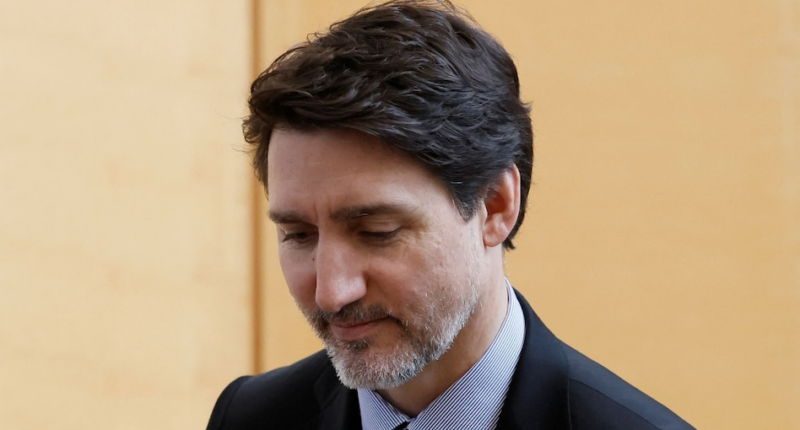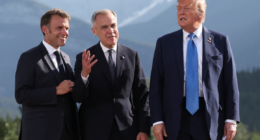Justin Trudeau is increasingly likely to announce his resignation as Canada’s prime minister, a source familiar with his thinking revealed on Sunday. While Trudeau has not yet made a final decision, the move is expected to come soon, with speculation mounting that he may step down before an emergency Liberal Party meeting scheduled for Wednesday.
The Globe and Mail reported that Trudeau, 53, could announce his departure as early as Monday after nine years at the helm of the Liberal Party. The prime minister’s office has not commented on the reports, and Trudeau’s official schedule for Monday indicates he will participate virtually in a cabinet meeting on Canada-U.S. relations.
This development comes as the Liberals face mounting pressure from within. A series of dismal polls suggest the party would suffer a significant defeat at the hands of the opposition Conservatives in the next federal election, which must occur by late October. An increasing number of Liberal lawmakers, rattled by these projections, have publicly urged Trudeau to step aside.
Sources suggest that Trudeau has discussed the possibility of Finance Minister Dominic LeBlanc serving as interim leader if he resigns. However, this could complicate matters if LeBlanc intends to run for the party’s leadership. It remains unclear whether Trudeau will leave office immediately or continue as prime minister until a new leader is chosen.
Trudeau’s political career began with a promise of “sunny ways” and progressive policies when he led the Liberals to power in 2015. However, his tenure has faced growing challenges, including the COVID-19 pandemic, economic pressures, and controversies within his government.
In December, tensions within the cabinet escalated when Trudeau attempted to demote Finance Minister Chrystia Freeland, one of his closest allies. Freeland resigned instead, accusing Trudeau of prioritizing “political gimmicks” over the country’s best interests.
Trudeau has also faced criticism for his handling of immigration policy and housing shortages. While his government spent heavily during the pandemic to support businesses and consumers, public dissatisfaction grew as inflation surged and housing became increasingly unaffordable.
Should Trudeau announce his resignation, it could trigger calls for a swift federal election to stabilize Canada’s political landscape. The Liberal Party, which Trudeau revitalized in 2013 when it was in disarray, now finds itself at a crossroads, seeking a leader who can steer it through turbulent political waters.









